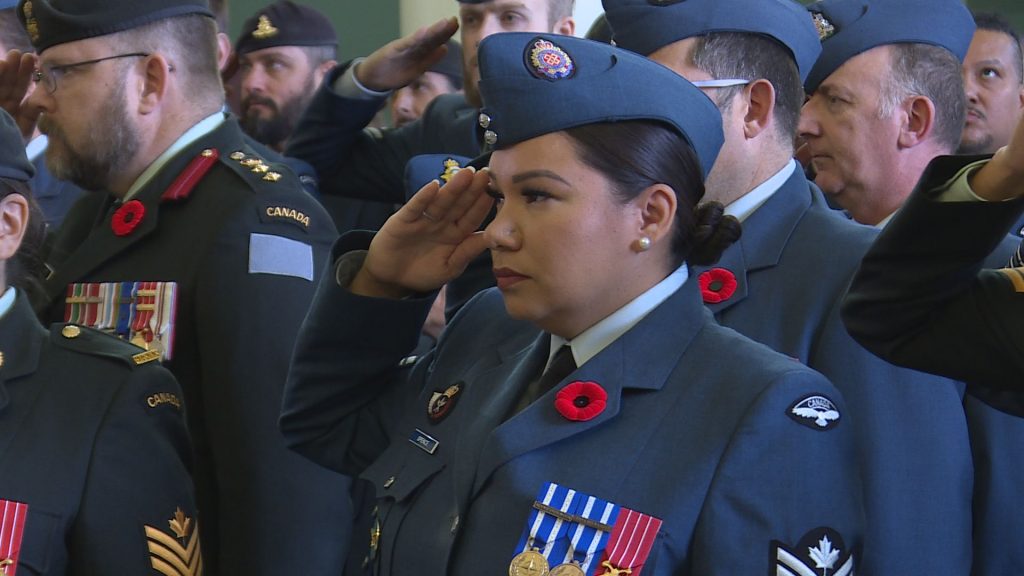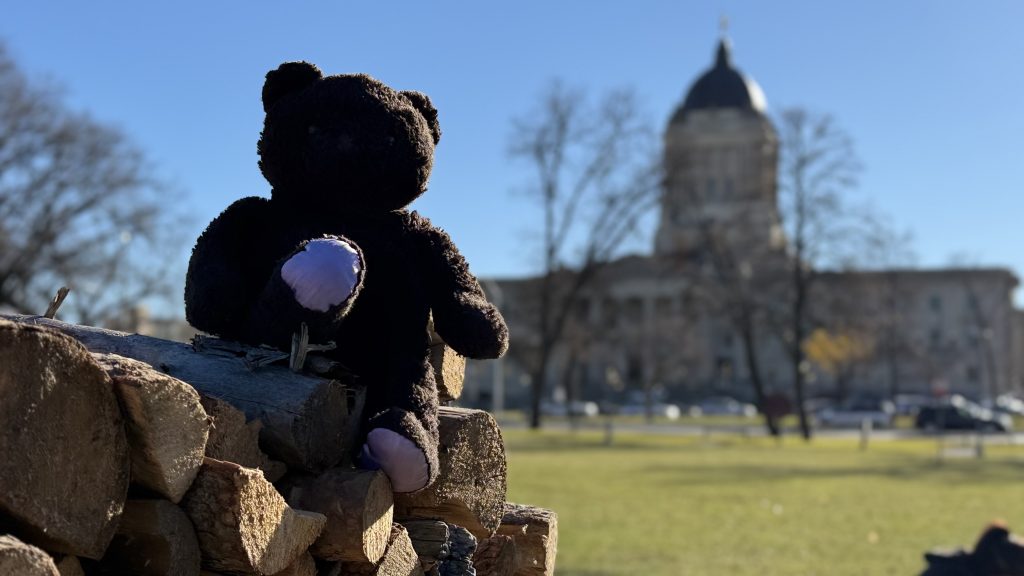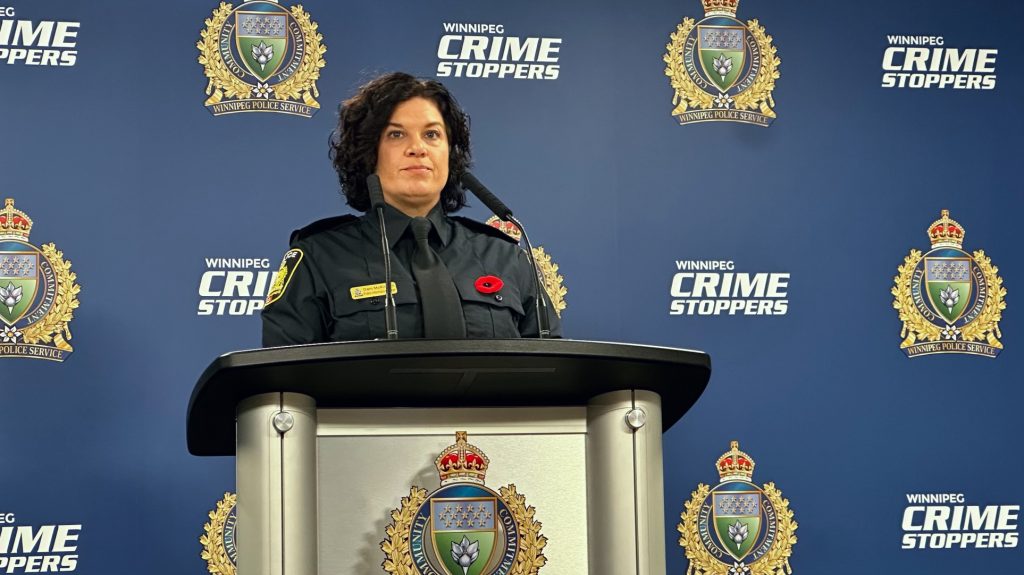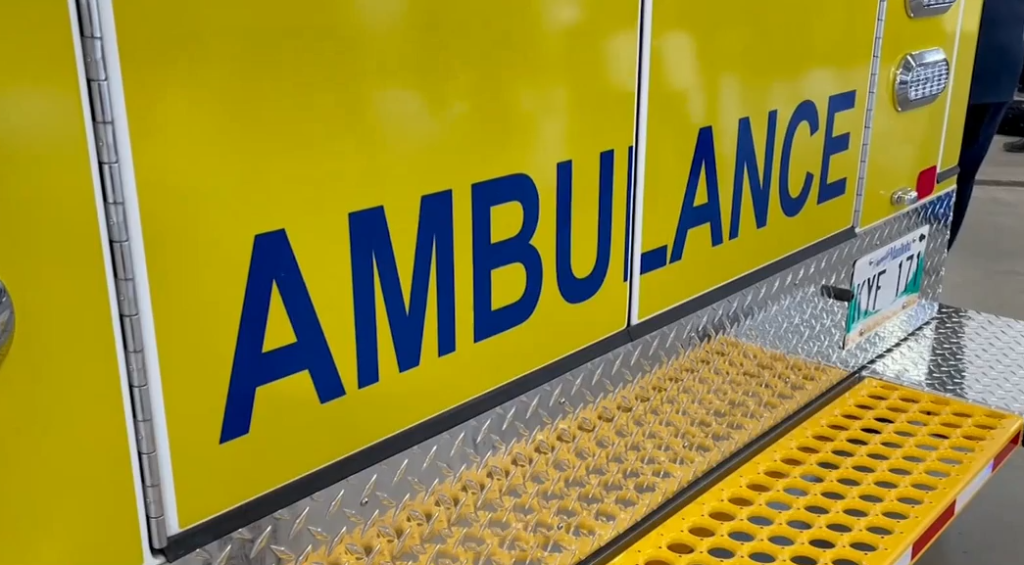Canada marks National Indigenous Peoples Day
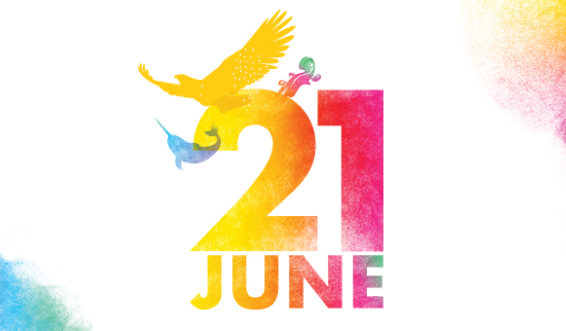
Posted June 21, 2022 9:54 am.
Last Updated June 21, 2022 11:03 am.
Editor’s note: This article contains some disturbing details about experiences at residential schools in Canada and may be upsetting to some readers. For those in need of emotional support, the 24-hour Residential Schools Crisis Line is available at 1-866-925-4419.
It’s National Indigenous Peoples Day, meant to celebrate and recognize First Nation, Metis and Inuit culture in Canada, but it seems many people are not familiar with a dark chapter of Canadian history.
A survey from Environics for the Canada West Foundation finds one-third of respondents admit they know little to nothing about Canada’s residential school system, which operated from the late 1800s until the 1990s.
That is despite the discovery of remains in hundreds of unmarked graves at former residential school sites across the country, starting with the 215 outside the former Kamloops residential school last spring, as well as the calls to action from the Truth and Reconciliation Commission before that.
The survey finds 62 per cent of Canadians are familiar with the brutal history of residential schools — up only two-points from a year ago — and 33 per cent admit they have little or no familiarity with the institutions, which were meant to pry Indigenous children from their families and their culture.
“Despite the extensive public discussion that followed the discoveries of unmarked graves of children on the sites of former Indian residential schools, there was no significant change in the proportion of Canadians who say they feel familiar with the history of Indian residential schools in Canada,” reads the report.
“The fallout from the discovery of these graves also does not appear to have affected views on the prospects for achieving reconciliation: Canadians are neither more optimistic nor more pessimistic today than they were in 2021.”
While Canada marked its first National Day for Truth and Reconciliation in September 2021, National Indigenous Peoples Day on June 21st is meant to be a celebration of Indigenous culture.
“We celebrate that we are still here, that we are resilient,” says Gordon Dick — or Tchilaqs7Tchila — from the Tsleil-Waututh and Lil’wat nations, who works within the North Vancouver School district teaching traditional art and doing outreach.
“I do see some calls to action toward reconciliation, it’s great to see more empathy, it’s great so more open hearts and open minds, celebrating the fact we are still here,” he tells CityNews.
National Indigenous Peoples Day has been observed since 1996 in Canada, but Dick feels the events of the past year have resulted in more people celebrating.
“Before it was just Indigenous people people celebrating we are Indigenous. Now, more Canadians are involved and taking part, celebrating with us.”
But Dick feels more needs to be done to help the wider community understand Indigenous issues.
“We need to look at the calls to action, and practicing them. One of the most important is to continuously educate,” he says. “We need to defeat stereotypes that, normally, we Indigenous people face. We need to defeat that colonialized thinking. It’s going to take seven generations and it’s not something, unfortunately, you and I will see but our kids will take action and it will keep growing.”
Dick has worked for years within the public school system, bringing an Indigenous perspective to classrooms where he teaches art, storytelling and song, as well as coaching sports teams.
He feels his family’s past — and the multigenerational effects of the residential school system — is the inspiration for his work in the classroom.
“It’s journey that my whole life was built toward. My dad went to residential school in Sechelt and my mom attended Indian dayschool here in North Vancouver. As a young child I did not know what that was about or what they went through and I just followed the stereotypes — what we were labelled as — as I saw at home.”
Dick says he fell into his role in the education system as an Indigenous support worker.
“Giving that support for our younger Indigenous children, to connect and know that I was there once, too — we can make it. At the same time, it’s about support for the other students, education and moving forward with the calls to action, along with the education assistants, the teachers and the administrators. Helping them understand and giving them the courage to move forward and do some of the work that we do.”
